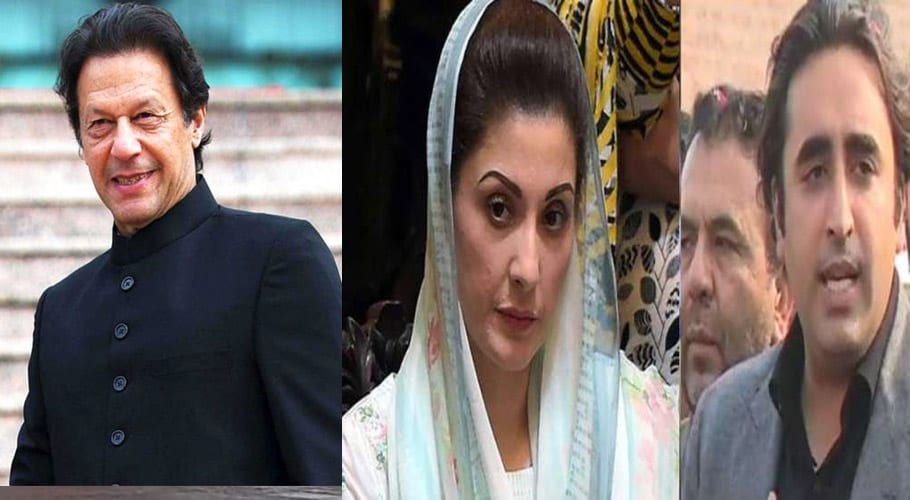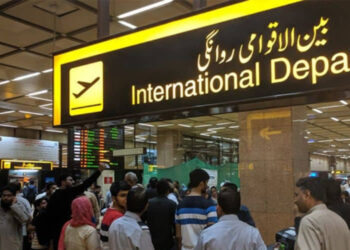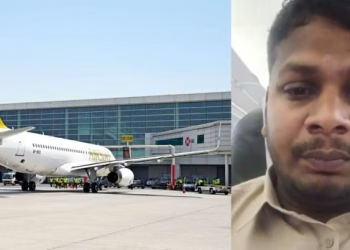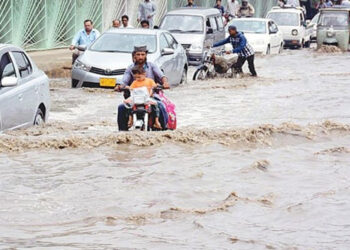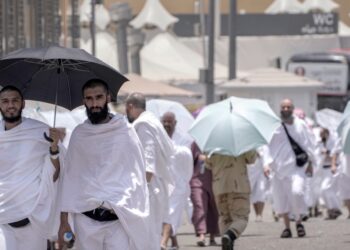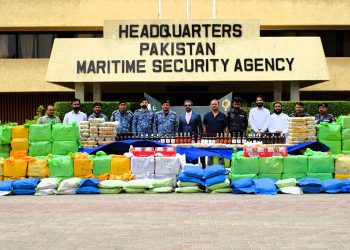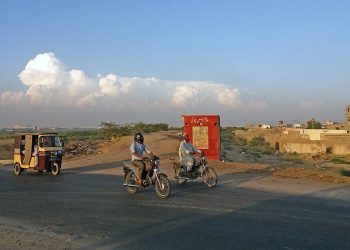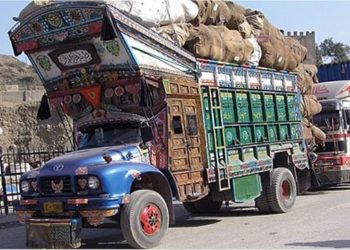Activists of the Pakistan Peoples Party (PPP) held a demonstration outside the office of the Gilgit-Baltistan (GB) chief election commissioner to protest against alleged rigging in the election for the GBLA-2 (Gilgit) constituency and the issuance of its official result without a forensic audit of postal ballots.
During the protest, unknown offenders set ablaze the office of the Government Forest Department and three government vehicles in the Kashrote area of Gilgit city.
A large number of PPP activists gathered outside of the election commissioner’s office in the city and chanted slogans against the administration and the election commissioner of the region.
They burnt tyres to block the main road and various other places. The PPP senior leadership, as well as activists, were of the opinion that the chief election commissioner in the region had stolen public mandate.
PTI to form its government in GB
As per the Election Commission of Pakistan, there are 6, 18,364 registered voters in the region with 3, 29,475 men and 2, 88,889 women.
Around 700,000 people had exercised their right to elect 24 legislators of 33 constituencies whereas six seats are reserved for women and three for technocrats.
As expected, the Pakistan Tehreek-i-install (PTI) has emerged as the single largest party in the GB assembly elections. On November 22, PTI candidate Syed Sohail Abbas won the election for GB Legislative Assembly’s constituency GBLA-3.
Elections in other constituencies of the GB assembly were held on November 15. In GBLA-3 the voting was postponed due to the death of PTI’s candidate Syed Jaffar Shah. Shah, who was also the president of the PTI’s GB chapter, died of COVID-19 on Oct 11 after filing his nomination papers.
According to election results, Sohail Abbas got 5,790 votes, defeating independent candidate Dr Mohammad Iqbal who received 3,211 votes.
After the victory of Sohail Abbas and the joining of six independent winners, the PTI’s tally has reached 22 in the GB assembly and the party is now in a comfortable position to form its government.
Status of PPP, PML-N
The PPP has won three seats, however; the party was expecting more seats after a marathon campaign led by Bilawal Bhutto Zardari who mustered PPP activists in different areas of the region.
Bilawal even went to small towns and large villages in the remotest parts of the region during his 24 days campaign. As a result of this well-organized battle, the PPP has been able to increase its share of votes from 18% in 2015 to 26% in 2020. The PTI got a 28% share of votes in this election. The number of winning seats is less than what the party leadership was expecting.
On the other hand, the PML-N is the real loser in this election and could hardly manage to win only two seats. Both seats were won from Chilas district Diamer. In the 2015 elections, the PML-N won 16 seats. But nearly half of the PML-N’s GB leadership left the party before the elections and the majority joined the PTI in election 2020. Some electables contested as independents.
Weak party organization should be a matter of concern
Weak party organization should be a matter of concern for all the parties. In general, political parties spotlight party organization and political work at the grassroots level between two elections. Regrettably, both PPP and PML-N have replaced party organizations and political workers with electables.
Despite strengthening the local party organization and structures, they prefer to win over dominant and rich candidates in different constituencies of the region to win more seats.
The defeat faced by PPP and PML-N led as electables have no political ideology and loyalty so they change political devotion before every election. Political bandits need to change this strategy, which has caused a lot of damage to democracy and political culture.
First, the parties rely on electables and when these electables change loyalty, they cry foul. These electables join a particular political party that is poised to win elections. They do it to remain in power. The parties need to take a principled and clear stance to stop this practice since it has damaged political parties at local levels.
If our political leaderships are serious about preventing the pre-election rigging and engineering then they should focus on strengthening local party groups and internal democracy. Rather than nominating party officials up to the district level, they should be elected in open, free and transparent internal party elections.
The other factor is that people in GB prefer to vote for the ruling party in Islamabad. It has been the practice that whosoever rules Islamabad, controls Gilgit-Baltistan
In 2015, the PML-N was in power so it won 16 seats in the GB Assembly while, in 2009, the PPP was in the federal government so it won 15 out of 24 seats. So it is not surprising at all that the PTI will be forming government in the region.
Blaming pre-poll rigging
The PPP and PML-N are blaming pre-poll rigging and political engineering for this poor show. The question is: what did both parties do to strengthen the parties in the region in the last five years while they were in power?
PPP and the PML-N have alleged that the GB election was not flaxen and translucent. Both parties have accused that the ruling party used government resources to lure the voters.
However, most independent observers, by and large, termed the election as ‘free and fair’ despite some complaints about the role of the Election Commission of GB, which came under condemnation on the ruse that during the election campaign it failed to set up its writ and could not stop the federal ministers.
The Free and Fair Election Network (FAFEN) has released its preliminary report on the GB elections 2020 in which it said that the voting and counting processes were according to the law but there were some irregularities.
GB people deserve full credit
People of GB created history by reposing confidence in a democracy when on November 15 and 22, in highly chilly weather; they came out in large numbers, including women and elders, to exercise their rights, standing in queues for hours. Thus, they deserve full credit and now it’s up to the elected representatives and the party that will form the government to fulfill the promises they made during the hectic election campaign.
For a way forward, it is imperative that political parties rather than short-term gains do some staid work to reform the system and adopts steps to prevent ‘political engineering’ and start accepting defeat. If not, democracy will linger a fable in the country far from the dream of the father of the nation, Quaid-e-Azam Mohammad Ali Jinnah.







